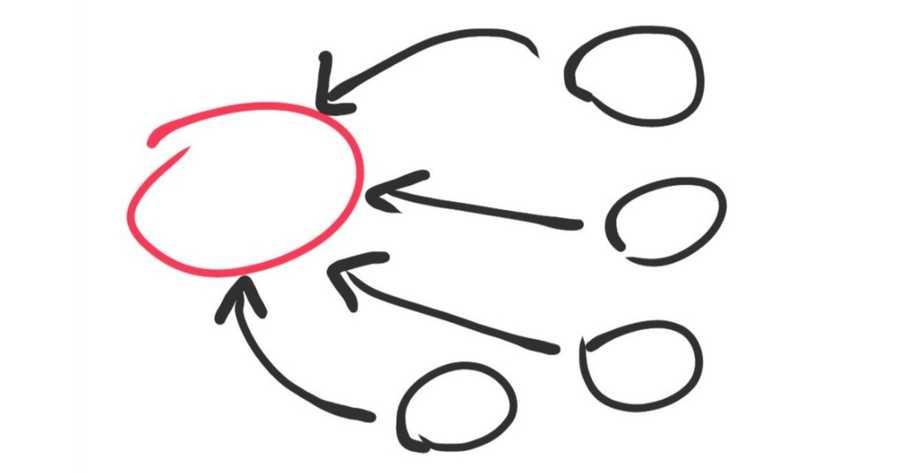The Problem Of Writing A Conclusion
Many authors, article writers and content writers draft samples without a proper conclusion or a wrap-up.
Beginner writers can try to follow the advice on structuring an essay or thesis statement, given by English teachers: “Tell ’em what you’re gonna tell ’em, tell ’em, and then tell ’em what you told ’em.”
Other than that, complex ideas are sometimes difficult to summarize, and there is conflicting advice available, which can be confusing.
119
579 reads
CURATED FROM
IDEAS CURATED BY
The idea is part of this collection:
Learn more about communication with this collection
How to create a positive work environment
Conflict resolution strategies
Effective communication in the workplace
Related collections
Read & Learn
20x Faster
without
deepstash
with
deepstash
with
deepstash
Personalized microlearning
—
100+ Learning Journeys
—
Access to 200,000+ ideas
—
Access to the mobile app
—
Unlimited idea saving
—
—
Unlimited history
—
—
Unlimited listening to ideas
—
—
Downloading & offline access
—
—
Supercharge your mind with one idea per day
Enter your email and spend 1 minute every day to learn something new.
I agree to receive email updates
